Globalization is a phenomenon integrating economic activities of countries through trade for global welfare. World Trade Organization (WTO) is the international body to manage and regulate trading nations easy access to global markets, enlarging their market share, dismantling trade-distorting tariffs and eventually fostering their economic growth and development. Since trade negotiations of WTO on various issues are delayed, countries integrate economically on regional basis as trade blocs. There is sprouting of trade blocs after the emergence of WTO especially in the Asian continent.
Regional trade agreements among subset of nations involve deep integration which includes not only reduction of trade barrier but also liberalization of FDI regime and trade in services, globalization is a process whereby access to market of the north and attracting DFI from the developed countries that performs as an important factor for successful integration of the world economy. The proliferation of FTA’s in recent years pose a problem to multilateralism. Bilateral agreements must serve as a stepping stone for the widest possible openness in the global trading system. The FTAs are major vehicle for deeper integration.
The book provides discussions on the performance of trade blocs in Asia through a comprehensive review of India’s experiences in regional trade. The book comprises 22 papers arranged in such a way that the overall matters appear at the beginning and different perspectives of the theme included subsequently desiring for a specific order. The book draws lessons on dimensions of multilateralism and regionalism in correct perspective, relevance for India in particular and developing world in general. This book will come in handy to students and researchers of international economics and development economics. It will be useful for policy-makers to identify optional decisions and initiate the relevant policies.

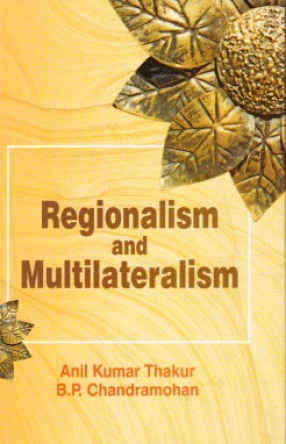
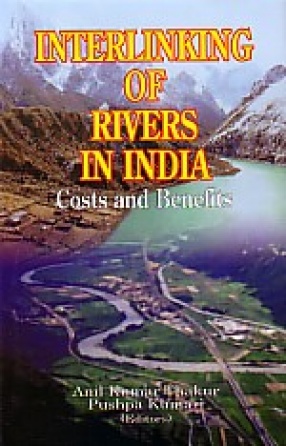
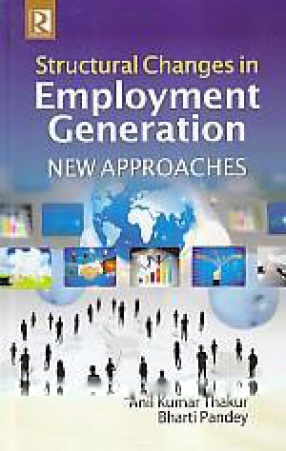

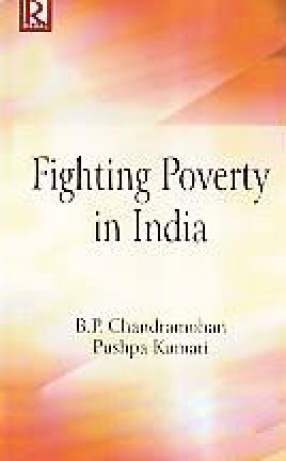

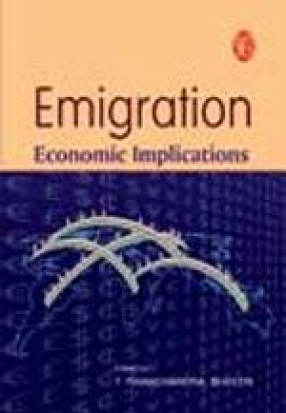
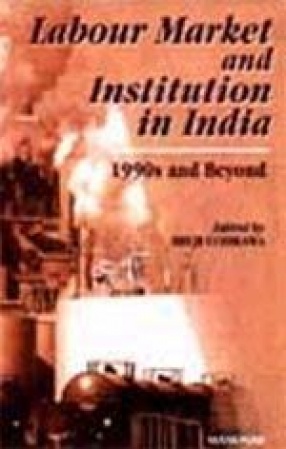
There are no reviews yet.